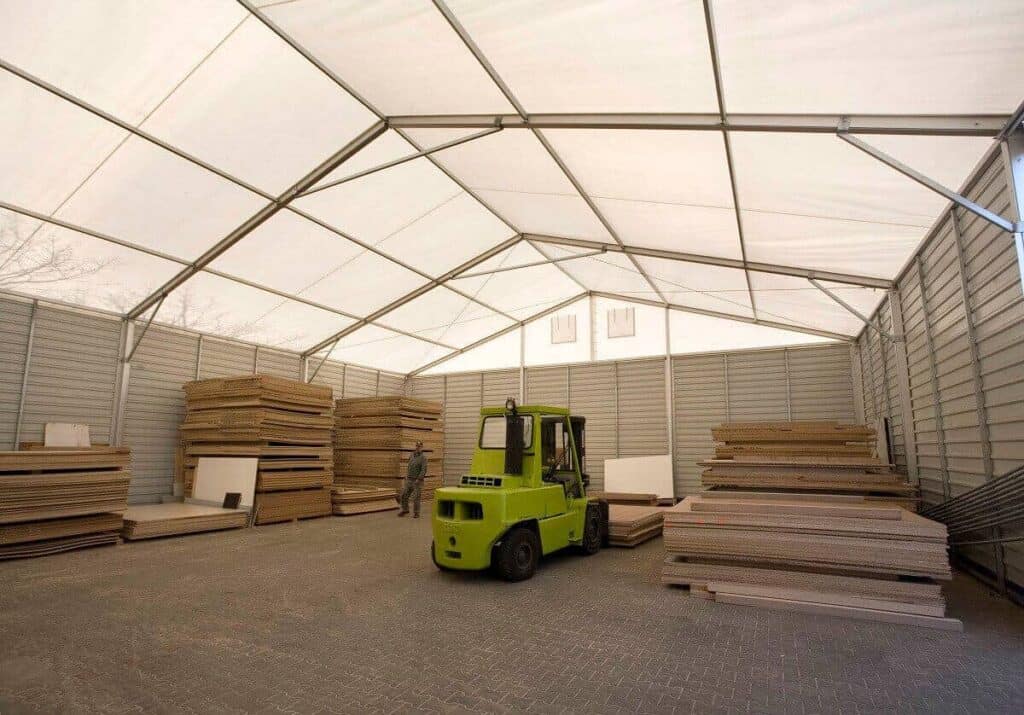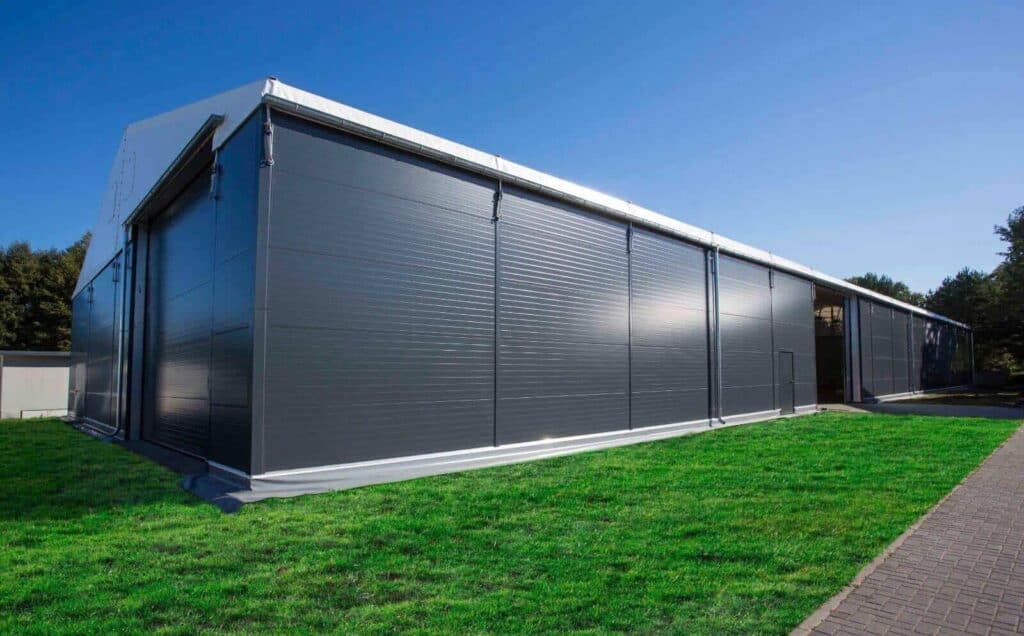Renting or Buying Temporary Structures: Which is Right for Your Business?
In the fast-paced business world, the need for flexible, cost-effective and efficient solutions is paramount. One area where this need is felt acutely is in the realm of storage and workspace. Renting or buying temporary structures offer a compelling answer, allowing businesses to quickly and easily expand their physical footprint. The question then becomes: should you rent or buy these structures? At Instant Space, we understand this is a significant decision that depends on several factors.
Pros and cons of renting a temporary building
Pros of Renting a Temporary Building
Renting a temporary building comes with several distinct advantages. First and foremost, it offers financial flexibility. With renting, the upfront costs are typically significantly lower than buying temporary structures, making it a more accessible option for many businesses. Lower set-up costs can be particularly beneficial for start-ups or smaller companies where cash flow may be a concern.
Secondly, renting provides a high degree of flexibility. You can adjust your rental agreement accordingly if your business needs to change – due to growth, contraction, or seasonal fluctuations. This ability to scale up or down as needed can be a game-changer, especially in unpredictable market conditions.
Lastly, renting a temporary building means many aspects of maintenance and repairs are the rental company’s responsibility, not yours. This can save you both time and money and let you focus on what you do best – running your business.
Cons of Renting a Temporary Building
However, renting has its drawbacks. While the initial costs may be lower, over time, the total cost of renting can exceed the cost of buying a structure outright. It’s important to do the maths and consider your long-term financial outlook.
Another potential downside is that rented buildings may offer a different level of customisation than purchased ones. If your business has very specific requirements, you may find that a rented building may fall short in some aspects. Lastly, there is always the risk that your rental agreement could change or be terminated, although this is unlikely unless you cannot pay the agreed rental fees.

Pros and Cons of Purchasing a Temporary Building
Pros of Purchasing a Temporary Building
Opting to purchase a temporary building also presents certain benefits. One of the most significant advantages is the potential for long-term cost savings. While purchasing requires a larger initial investment, it can be more cost-effective in the long run as you’re not continually paying rental fees.
Another benefit of buying temporary structures is the opportunity for customisation. When you purchase a temporary building, you have the freedom to tailor the structure to your specific needs. This level of personalisation can be invaluable if your business requires a unique layout, specific features, or particular branding elements.
Lastly, owning a building provides a sense of security. You won’t have to worry about rental agreements ending unexpectedly or rental prices rising. Once you’ve purchased the building, it’s yours to use as you see fit for as long as you need it.
Cons of Purchasing a Temporary Building
Despite these advantages, buying isn’t always the best choice for every business. The upfront costs can be substantial and might be prohibitive for some businesses, especially smaller ones or those with tight cash flows.
Secondly, while owning a building offers stability, it also comes with added responsibilities. Maintenance, repairs, and insurance all become your responsibility when you own the building. These ongoing costs and duties need to be factored into your decision.
Finally, there’s the issue of flexibility. While you can customise a purchased building, you may find it harder to scale up or down quickly in response to changing business needs. If your business contracts or expands rapidly, you could end up with a building that’s too small or too large, and selling or buying new ones can be a slower process than expanding a rented temporary structure.
Factors to Consider in the Decision-making Process
Length of Usage
One of the first factors to consider is how long you anticipate needing the temporary structure. If your need is short-term or uncertain, renting can provide more flexibility and might be the most cost-effective solution. However, if you foresee a long-term requirement for the building, purchasing could make more financial sense over time.
Budget Considerations
Your budget will inevitably play a significant role in your decision. Renting requires less upfront capital, which can be beneficial for businesses with tighter cash flows. However, the ongoing costs of renting can add up over time. Conversely, purchasing a structure outright can be a larger initial investment but may offer savings in the long run.
Future Expansion or Relocation Plans
Finally, consider your future plans. If your business is likely to expand or relocate in the near future, the flexibility offered by renting could be advantageous. Buying temporary structures might create complications if you need to sell the building or transport it to a new location. However, if your plans are stable, purchasing can provide the security and continuity your business needs.
Renting or Buying Temporary Structures: The Decision
The decision between renting and buying temporary structures is a critical one with far-reaching implications for your business. It hinges on a careful assessment of your specific needs, financial capabilities, and future plans. Whether you opt for the flexibility of renting or the stability of buying, the important thing is to make an informed decision that aligns with your business objectives. At Instant Space, we are committed to helping you navigate this process and find the solution that best suits your needs. Contact us to discuss our range of options and get expert advice on renting or buying temporary structures.

